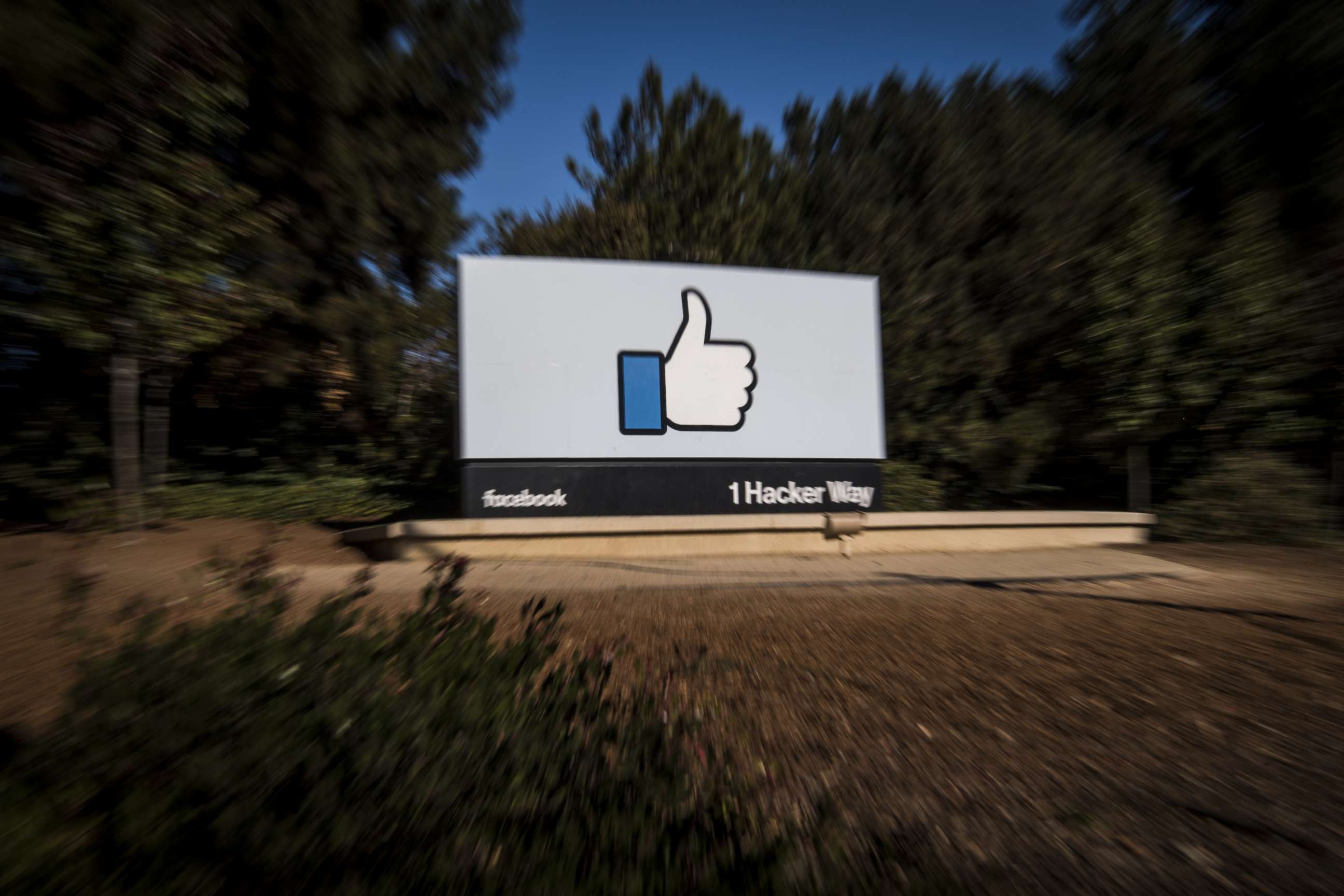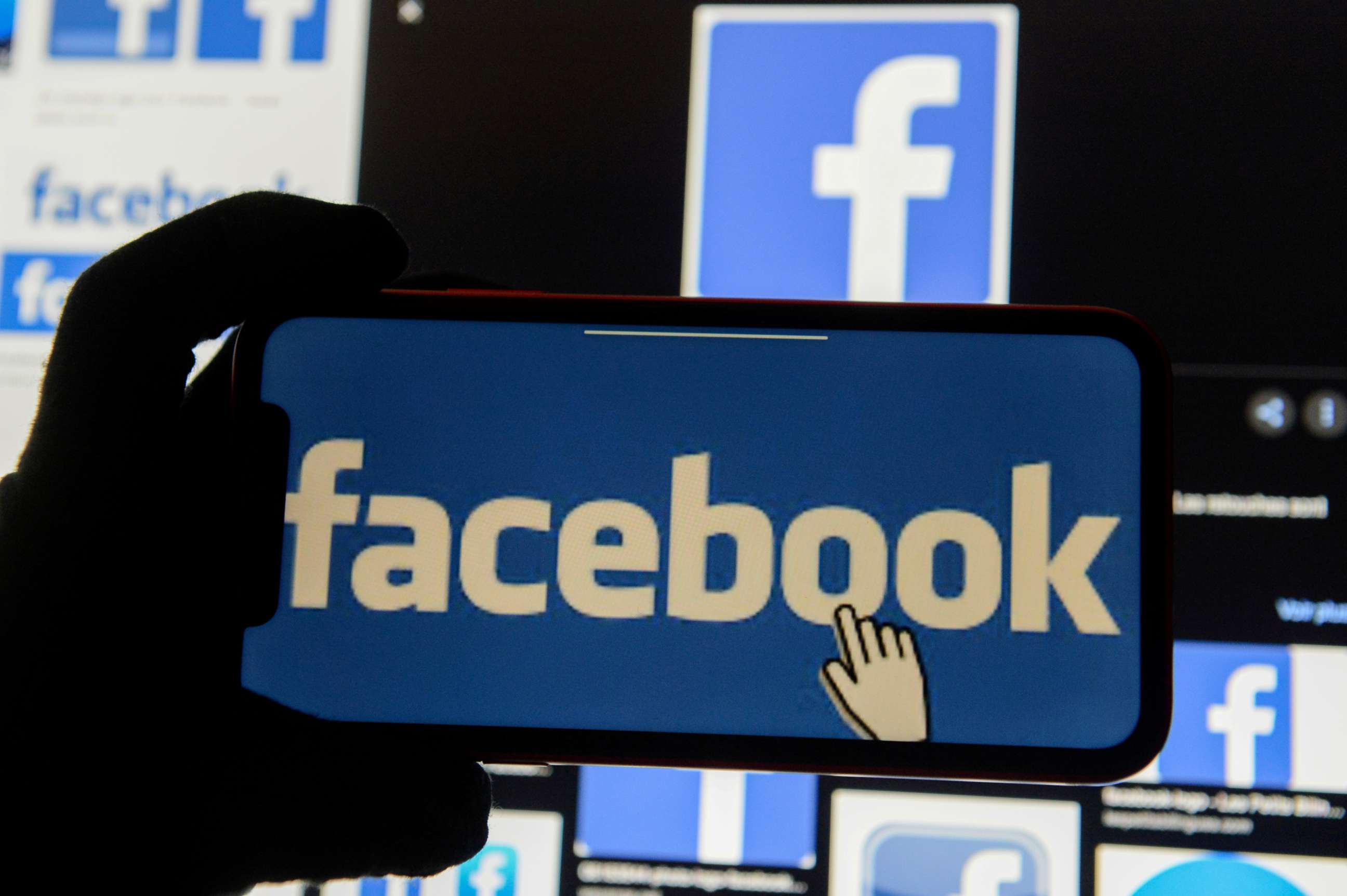Facebook hit with antitrust lawsuit from FTC and 48 state attorneys general
The lawsuits accuse Facebook of wielding monopoly power.
A coalition of 48 state attorneys general, led by New York's Letitia James, announced a new lawsuit against Facebook Wednesday, alleging the company stifles competition to protect its "monopoly power."
The lawsuit comes the same day that the Federal Trade Commission announced a separate suit against the social media giant, also accusing it of anti-competitive practices.
"For nearly a decade, Facebook has used its dominance and monopoly power to crush smaller rivals and snuff out competition, all at the expense of everyday users," Attorney General James said in a statement. "Today, we are taking action to stand up for the millions of consumers and many small businesses that have been harmed by Facebook’s illegal behavior."
James said Facebook "used its power to suppress competition so it could take advantage of users and make billions by converting personal data into a cash cow."

She added that almost every state in the nation has joined the bipartisan lawsuit, "because Facebook’s efforts to dominate the market were as illegal as they were harmful."
The separate FTC lawsuit alleged that the company illegally maintained its "monopoly" through years of anticompetitive practices.
"Personal social networking is central to the lives of millions of Americans," Ian Conner, the director of the FTC’s Bureau of Competition, said in a statement. "Facebook’s actions to entrench and maintain its monopoly deny consumers the benefits of competition. Our aim is to roll back Facebook’s anticompetitive conduct and restore competition so that innovation and free competition can thrive."
Facebook tweeted from its official communications account that it is reviewing the complaints.
"We're reviewing the complaints & will have more to say soon," the company said. "Years after the FTC cleared our acquisitions, the government now wants a do-over with no regard for the impact that precedent would have on the broader business community or the people who choose our products every day."

The suit filed by the attorneys general in Washington, D.C., on Wednesday, alleges Facebook uses a variety of methods to maintain its dominance -- specifically including acquiring smaller or potential rivals and quashing third-party developers on its platform.
Consumers suffer with fewer options online, and Facebook's power only grows as it collects users' private information and uses it for its business interests, according to a statement from James' office.
The attorneys generals' lawsuit accused Facebook of violating Section 2 of the Sherman Act and multiple violations of Section 7 of the Clayton Act. It is seeking the court to halt Facebook's allegedly anticompetitive conduct and prevent it from doing so in the future. In addition, the coalition asks that Facebook be prohibited from making further acquisitions valued at or over $10 million without advance notice to the states. Lastly, it seeks unspecified additional relief.
The FTC lawsuit delves into Facebook's 2012 acquisition of Instagram and 2014 acquisition of WhatsApp as examples of it wielding its monopoly power, and also accuses the company of allegedly anticompetitive conditions for software developers.
The FTC suit seeks a permanent injunction in federal court that could require Facebook to sell off Instagram and WhatsApp. It is also seeks Facebook giving notice and gaining approval for future mergers and acquisitions as well as end its alleged anticompetitive conditions for software developers.
Jennifer Newstead, Facebook's vice president and general counsel, told ABC News in a statement that, "This is revisionist history."
"Antitrust laws exist to protect consumers and promote innovation, not to punish successful businesses," Newstead added. "Instagram and WhatsApp became the incredible products they are today because Facebook invested billions of dollars, and years of innovation and expertise, to develop new features and better experiences for the millions who enjoy those products."
She continued: "The most important fact in this case, which the Commission does not mention in its 53-page complaint, is that it cleared these acquisitions years ago. The government now wants a do-over, sending a chilling warning to American business that no sale is ever final. People and small businesses don’t choose to use Facebook’s free services and advertising because they have to, they use them because our apps and services deliver the most value. We are going to vigorously defend people’s ability to continue making that choice."




